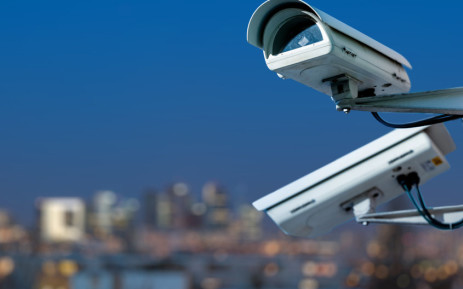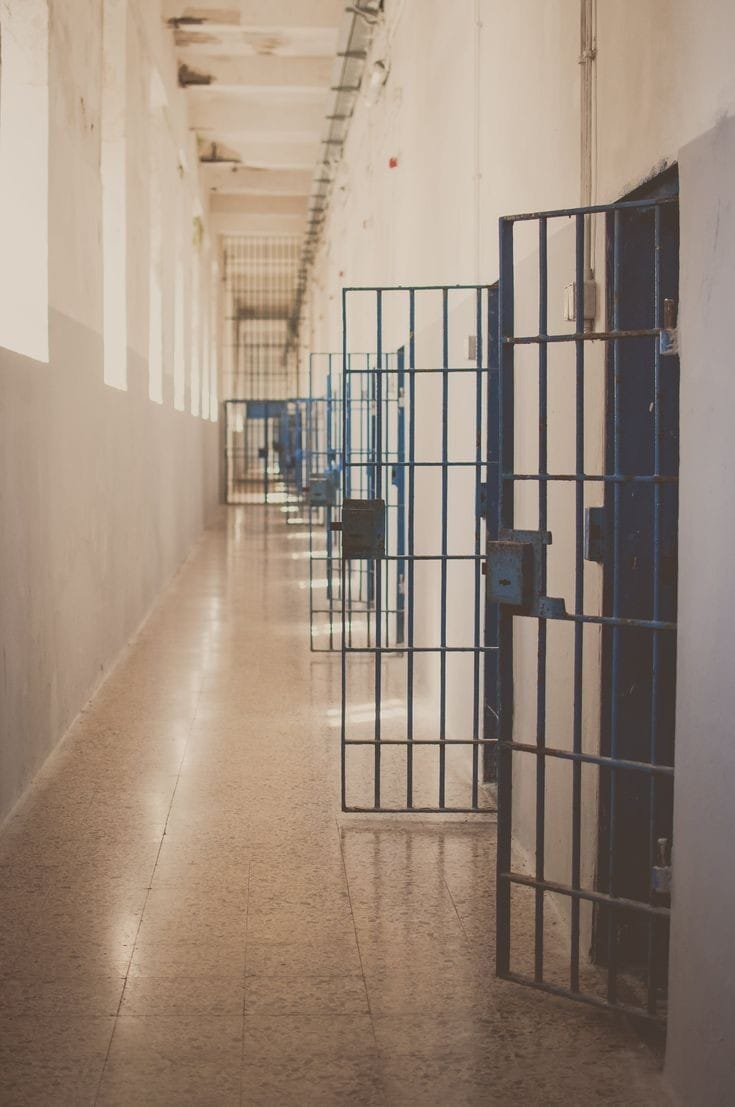Efforts to combat crime in Gauteng have led the provincial government to consider the introduction of facial recognition cameras. Premier Panyaza Lesufi first hinted at this initiative during his State of the Province Address in February. These cameras would be integrated into a centralized command center, serving as a hub for data collection. While the pilot phase has already begun, concerns regarding the technology’s efficiency and potential biases have been raised. Additionally, some countries have opted to discontinue the use of facial recognition cameras due to privacy and discrimination concerns. This essay will explore the proposed implementation of facial recognition cameras in Gauteng, examining its potential benefits and drawbacks.
The deployment of facial recognition cameras holds the promise of enhanced crime prevention and swift response to criminal activities. Placing these cameras in areas with high crime rates allows for real-time monitoring, enabling law enforcement to promptly identify and address incidents. By integrating the cameras into a centralized command center, authorities gain a comprehensive overview of the surveillance data, enabling them to make informed decisions and allocate resources efficiently.
However, concerns have been raised regarding the accuracy and potential biases associated with facial recognition technology. Tech expert Doreen Mokoena highlights the challenge of misidentification, particularly for individuals with darker skin tones. This issue has been a significant hurdle for many governments, as the technology tends to misprofile individuals, leading to false accusations and the perpetuation of racial biases. Consequently, it is crucial for the Gauteng government to thoroughly evaluate the accuracy and reliability of these cameras before their widespread implementation.
Privacy is another significant concern surrounding facial recognition cameras. Critics argue that the constant surveillance infringes upon individuals’ rights to privacy and poses a potential threat to civil liberties. The extensive collection and storage of personal data raise questions about data security and the potential for unauthorized access or misuse. Striking a balance between public safety and individual privacy rights is paramount when considering the implementation of such surveillance technology.
Moreover, international precedents suggest that some countries are moving away from facial recognition cameras due to these concerns. Instances of privacy breaches, discriminatory practices, and public opposition have prompted these countries to reassess the use of such technology. As Gauteng considers the introduction of facial recognition cameras, it is essential to learn from these experiences and develop comprehensive policies that address potential biases, protect privacy rights, and ensure transparent and accountable use of the technology.
The Gauteng government’s exploration of facial recognition cameras as a means to combat crime reflects its commitment to improving public safety. The integration of these cameras into a centralized command center has the potential to enhance monitoring capabilities and facilitate swift response to criminal activities. However, concerns regarding accuracy, potential biases, and privacy must be thoroughly addressed. By learning from the experiences of other countries, Gauteng can develop comprehensive policies that mitigate risks and safeguard individual rights. Striking a balance between public safety and privacy is crucial to ensure the successful and responsible implementation of facial recognition technology in Gauteng.
In addition to addressing concerns about accuracy and privacy, it is crucial for the Gauteng government to prioritize transparency and accountability in the implementation of facial recognition cameras. Clear guidelines and protocols should be established to ensure that the technology is used ethically and responsibly. Regular audits and independent oversight can help monitor the use of facial recognition data and prevent any potential abuse or misuse.
Furthermore, public engagement and education are essential components of successful implementation. The Gauteng government should actively involve the community in discussions about the use of facial recognition cameras, addressing their concerns and providing a platform for input and feedback. Transparency about the purpose, scope, and limitations of the technology can help alleviate anxieties and build trust between law enforcement agencies and the public.
Ultimately, the decision to introduce facial recognition cameras in Gauteng should be based on a comprehensive evaluation of their benefits and drawbacks, with a focus on safeguarding individual rights and ensuring that the technology does not disproportionately impact marginalized communities. By adopting a cautious and responsible approach, the Gauteng government can harness the potential of facial recognition technology while upholding the principles of fairness, accountability, and respect for privacy.









